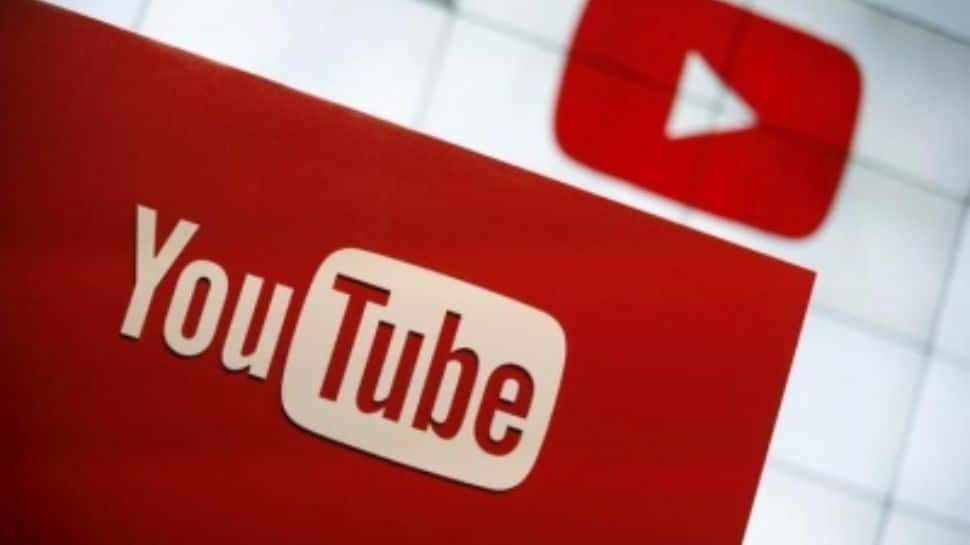
New Delhi: Researchers discovered no sturdy proof that YouTube promoted anti-vaccine sentiment throughout the Covid-19 pandemic. The examine, printed within the Journal of Medical Internet Research, examined if YouTube’s suggestion system acted as a “rabbit hole,” main customers trying to find vaccine-related movies to anti-vaccine content material.
For the examine, researchers requested the World Health Organization – skilled individuals to deliberately discover an anti-vaccine video with as few clicks as potential, ranging from an preliminary informational COVID-19 video posted by the WHO. (Also Read: Big Savings On Apple iPhone 15! Flipkart, Amazon, Croma, Vijay Sales Launches Discount Offer: Check)
They in contrast the suggestions seen by these customers to associated movies which are obtained from the YouTube utility programming interface (API) and to YouTube’s Up-Next really useful movies that had been seen by clear browsers with none user-identifying cookies. (Also Read: BIG Bonanza For OnePlus Customers Ahead Of Diwali! Get Nord Buds 2R Wireless Earphones Completely Free: Check Process)
The crew analysed greater than 27,000 video suggestions made by YouTube utilizing machine studying strategies to categorise anti-vaccine content material.
“We found no evidence that YouTube promotes anti-vaccine content to its users,” stated Margaret Yee Man Ng, an Illinois journalism professor with an appointment within the Institute of Communications Research and lead creator of the examine.
“The average share of anti-vaccine or vaccine hesitancy videos remained below 6 percent at all steps in users’ recommendation trajectories,” stated Margaret Yee Man Ng.
Initially, researchers solely wish to perceive YouTube’s famously opaque methods for content material suggestions and whether or not these methods funnel customers towards anti-vaccine sentiment and vaccine hesitancy.
“We wanted to learn about how different entities were using the platform to disseminate their content so that we could develop recommendations for how YouTube could do a better job of not pushing misinformation,” stated UN Global Pulse researcher Katherine Hoffmann Pham, a co-author of the examine.
“Contrary to public belief, YouTube wasn’t promoting anti-vaccine content. The study reveals that YouTube’s algorithms instead recommended other health-related content that was not explicitly related to vaccination,” Pham added.
Source: zeenews.india.com




